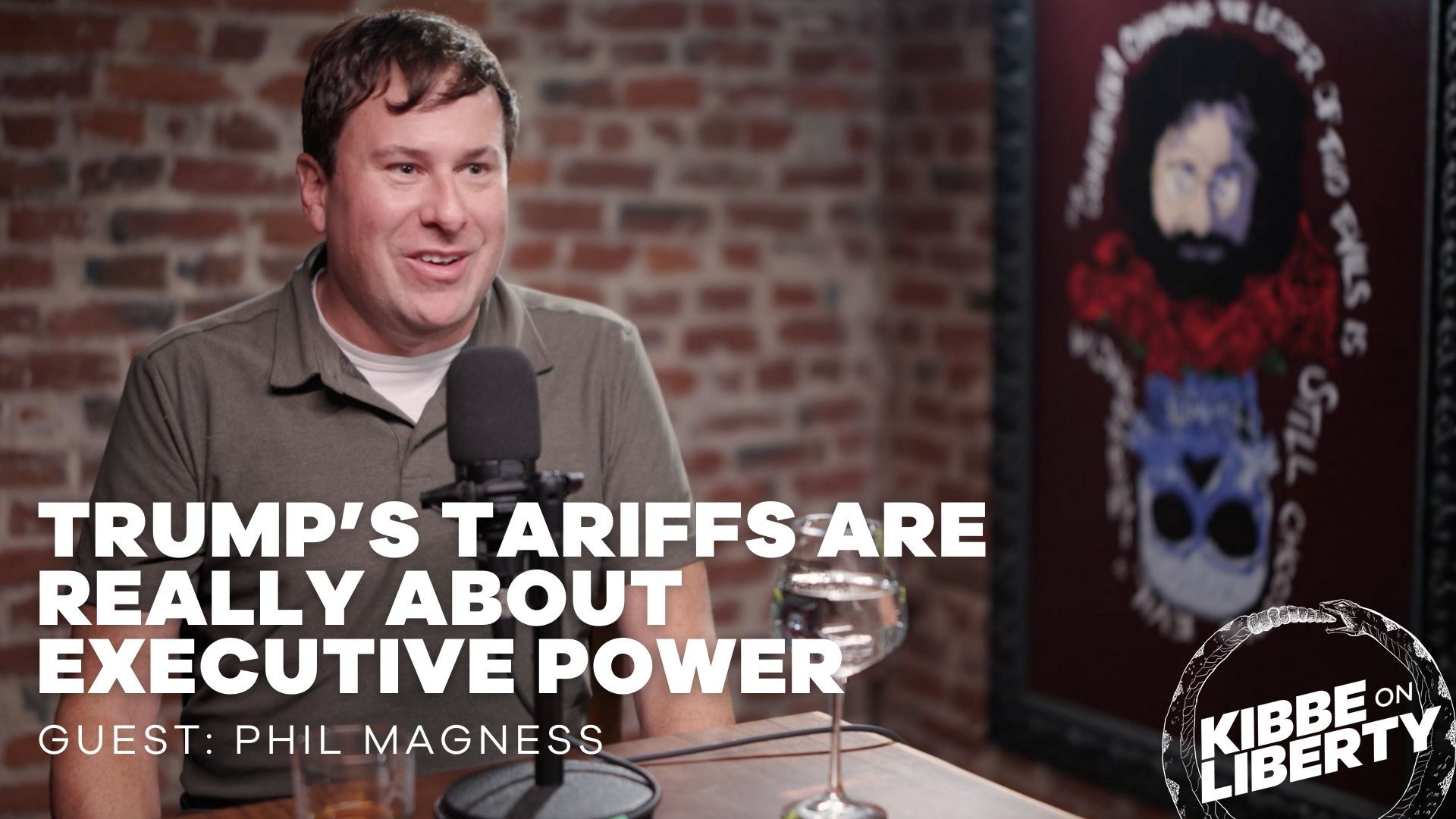
COP27 Pushed “Climate Justice”—It Will Do Decades Of Harm
Western countries are now to pay compensation for the historic sin of taking the world out of millenia of crippling poverty, just because that inevitably includes some carbon emissions.
At least that’s what the COP27 climate summit in Sharm El Sheikh decided with the introduction of a global “loss and damage” fund. Billed as a way to help developing countries adapt to rising sea levels, prolonged heat waves, desertification and extreme events like bushfires, the fund will likely achieve none of that. In fact, all it will do is enrich foreign elites and Western NGOs.
Faced with the harsh reality of an energy supply shortage exacerbated by Russian aggression, Western leaders at the international climate conference broke from a longstanding pattern: They made no agreement to reach even more utopian emission reduction targets. But while it seems the “climate ambition” trend has finally passed, it has been replaced by something equally rapacious: “climate justice.” If we can’t keep the West from emitting greenhouse gasses, then we can at least make them pick up the bill for the damage—or so the logic goes.
Developing countries and Western activists have been asking for this for decades. And why wouldn’t they? Both the political leaders of these countries and the activists who get to help distribute them (through newly created NGO or government jobs) stand to profit. Until now, Western leaders have prevented such a money grab, and protected their taxpayers’ money. In 2013, during the COP19 in Warsaw, NGOs like Greenpeace and Oxfam left the summit when Western countries made no “loss and damage” concessions.
So, what changed? Why did our politicians suddenly change their mind?
Well, they needed something to show. And with energy prices and inflation plaguing voters at home, they know they can’t afford to increase the emission reduction targets. Sending more money to developing countries is an easy way out. They can present this “breakthrough” to their climate-sensitized better-off constituents without immediately plunging poorer voters into poverty through more energy regulation.
But make no mistake: Paying for this fund will hurt people at home. The poverty increase will simply be more covert, coming through increased taxes and inflation.
The fund is counterproductive. What’s more, it’s nothing new. There’s already a word for when industrialized countries send money to those that are unfortunately still agrarian: Development aid. Giving it fancy new names like “loss and damage” doesn’t solve the problem that it hasn’t worked in 40 years. The 1960s economist Peter Bauer once called it “an excellent method for transferring money from poor people in rich countries to rich people in poor countries.”
Instead of robbing their poor to “help” other countries, Western nations should be encouraging these countries to enact pro-market reforms that could increase international trade. That much is obvious from comparing sub-Saharan African nations that have received tons of developmental aid for decades but remained third world countries to Asian nations which received less, but integrated themselves into the World economy—like South Korea, Singapore, Thailand, and Malaysia. The only bright spots in the sub-Saharan economic landscape, like Ghana and Kenya, are due to economic liberalization, not developmental aid.
That makes sense when you think about who’s administering the distribution of development aid in poor countries. The elites are in charge of handling the money, so naturally it serves their purposes. For many countries in Sub-Saharan Africa, for example, “developmental aid” just contributes to cyclical corruption.
The percentage of developmental aid that actually goes towards the intended goals is far smaller than the original sum. This should come as no surprise. It’s what always happens whenever non-market actors are tasked to distribute funds, as even administrators with perfect motives lack perfect knowledge. Far removed from the nitty-gritty of specific economic processes, they lack the detailed information required to make good investments.
Adapting to environmental hazards requires a power to influence nature that only comes with development and industry. Dams can hold back the sea, land can be reclaimed from the ocean, irrigation can hold back the desert. “Free” money might be able to fly in international specialists to patch things up for a time, but it won’t create a sustainable solution. Local, market-based adaptation of industries in a framework of international trade are the only way. Industrialization is not the problem, it’s the solution.
This isn’t to say that the West cannot do anything to support these countries. It could encourage free trade by dropping all tariffs. And it could encourage industrialization by dropping most or all developmental aid. This course of action would be best for the average citizen, both in the West and in developing countries.
Free the People publishes opinion-based articles from contributing writers. The opinions and ideas expressed do not always reflect the opinions and ideas that Free the People endorses. We believe in free speech, and in providing a platform for open dialogue. Feel free to leave a comment.



